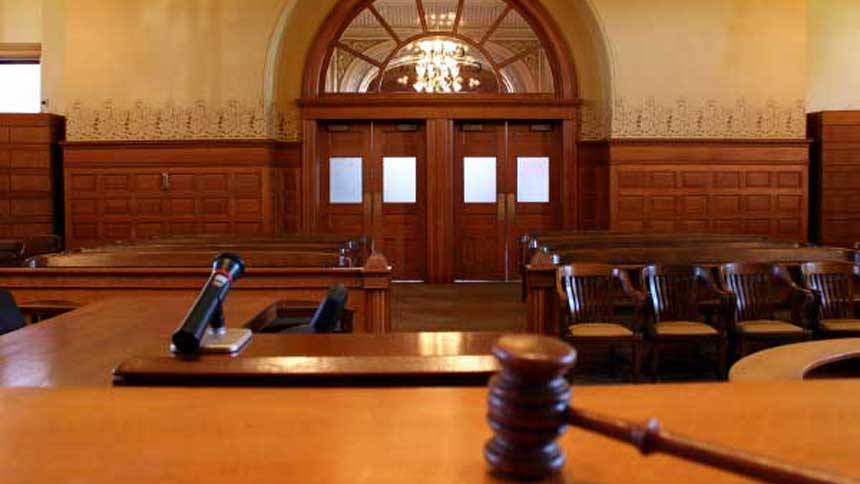
The New Jersey Supreme Court continued in relevant part: At summation, the State stressed that “Clarke was never offered the lowest sentence. On that type of crime, . . . he could have been given straight probation. Straight probation. And he was offered, by the State, three years in state prison. The State didn’t take that back and give him 180 days. The judge did it . . . .” The jury acquitted defendant and Taylor of burglary and theft but convicted them of conspiracy to commit burglary. The Appellate Division affirmed defendant’s conviction. The New Jersey Supreme Court granted certification. 239 N.J. 517 (2019)
Under the circumstances here, the jury should have had full access to the cooperating witness’s plea agreement history through the defense counsel’s unfettered examination of that history. The trial court’s limitations on defendant’s cross examination were in error. Defendant was deprived of his right to confrontation and denied a fair trial. His conviction for conspiracy to commit burglary is vacated. The Confrontation Clause permits a defendant to explore, through cross-examination, the potential bias of a prosecution’s witness. A trial court may impose reasonable limits on such cross-examination based on concerns about, among other things, harassment, prejudice, confusion of the issues, the witness’s safety, or interrogation that is repetitive or only marginally relevant. But the competing interest proffered to limit a defendant’s confrontation right must be closely examined.
In State v. Bass, the Court held that, “if a witness faces a pending investigation or unresolved charges when he or she gives a statement to law enforcement, cooperates with the prosecution in preparation for trial, or testifies on the State’s behalf, that investigation or charge is an appropriate subject for cross-examination.” 224 N.J. 285, 305 (2016). That determination is consistent with United States Supreme Court holdings.
A fair compromise here would be to conceal the degree of the crime that the defendant on trial is facing from the jury. That way, if cross-examination elicits the maximum penalty for a cooperating witness’s pending charge, there will be no direct inference as to what the defendant at trial is facing as a potential penalty.
